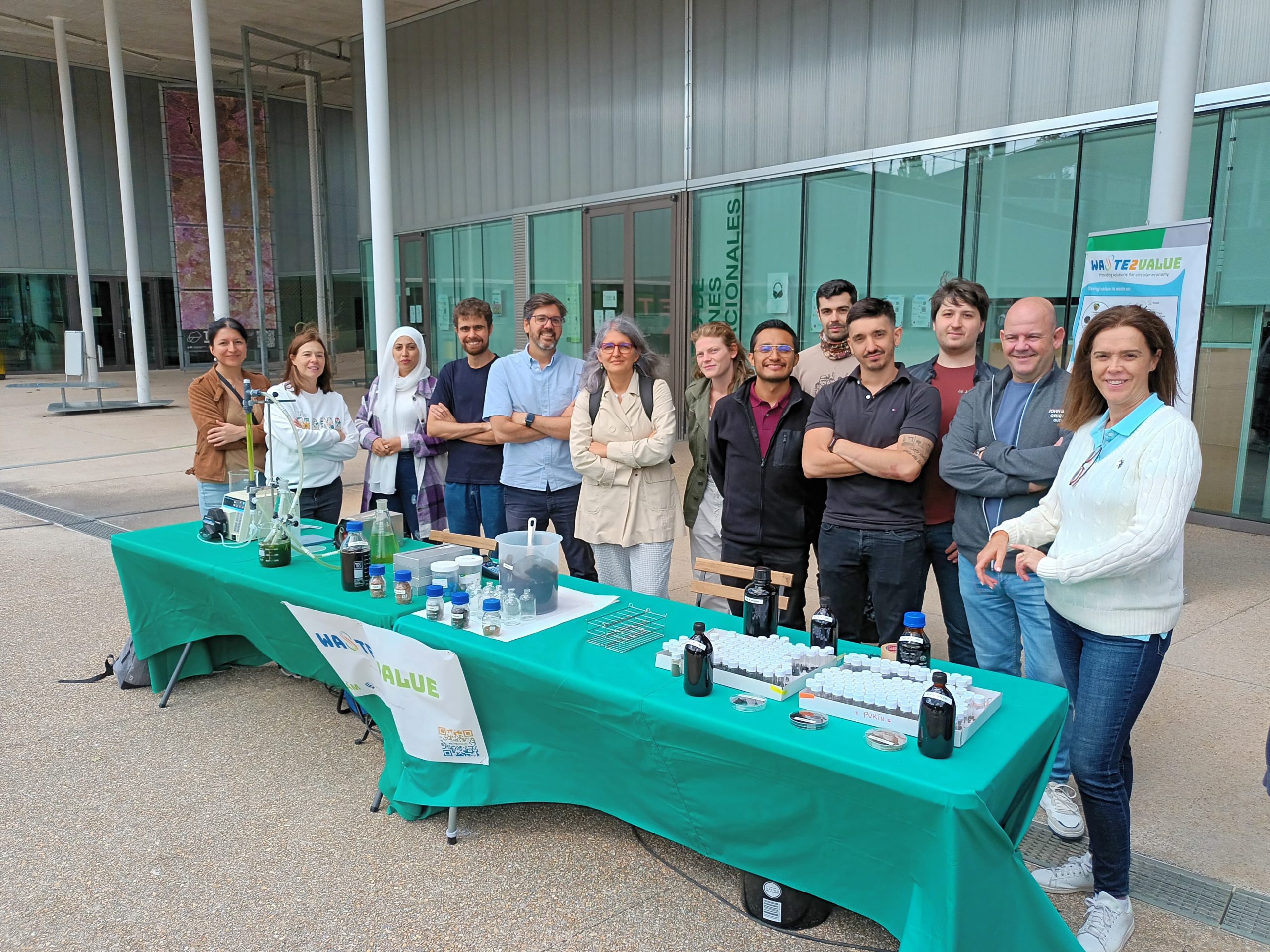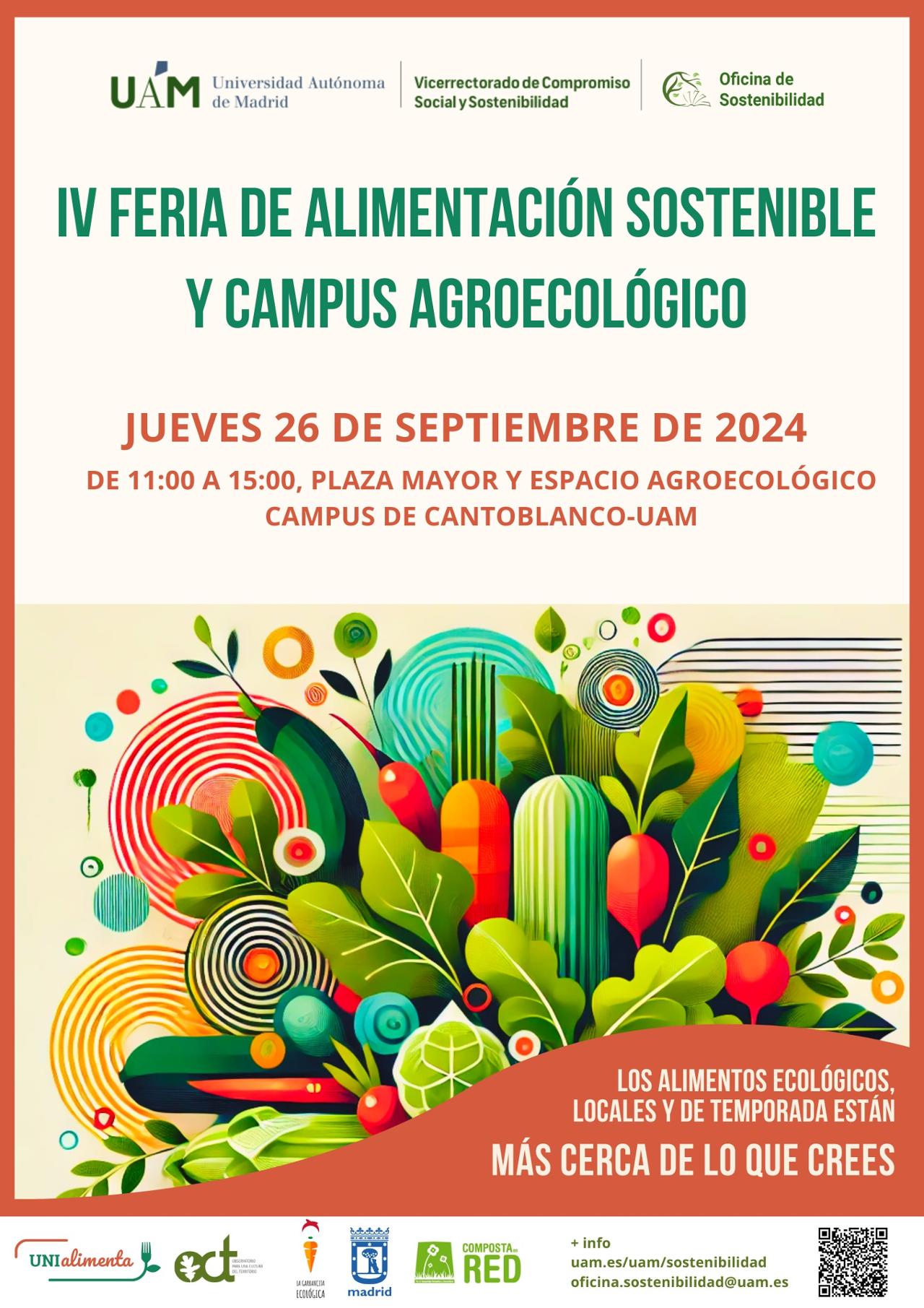Waste2Value focus their efforts on energy recovery from biomass waste through hydrothermal carbonization (HTC) and hydrothermal liquefaction (HTL). Our research explores the potential of hydrochar as a biofuel, soil enhancer, and catalytic support, while also investigating process water for methane production via anaerobic digestion and hydrogen generation through dark fermentation. Through these innovative approaches, we contribute to sustainable energy solutions and the advancement of the circular economy.
Nuevo método para la valorización de purines de cerdo mediante carbonización hidrotermal

Hydrothermal Carbonization Pilot Plant
Get in touch. Contact us
Facultad de Ciencias Módulo 8 Despacho 609 Calle Francisco Tomás y Valiente, 7 28049 Madrid
Facultad de Ciencias Edificio de Ingeniería Química y Ciencia y Tecnología de los Alimentos Calle Marx, 10 28049 Madrid



Programa Aceleración y escalado [145/2021/01472]





